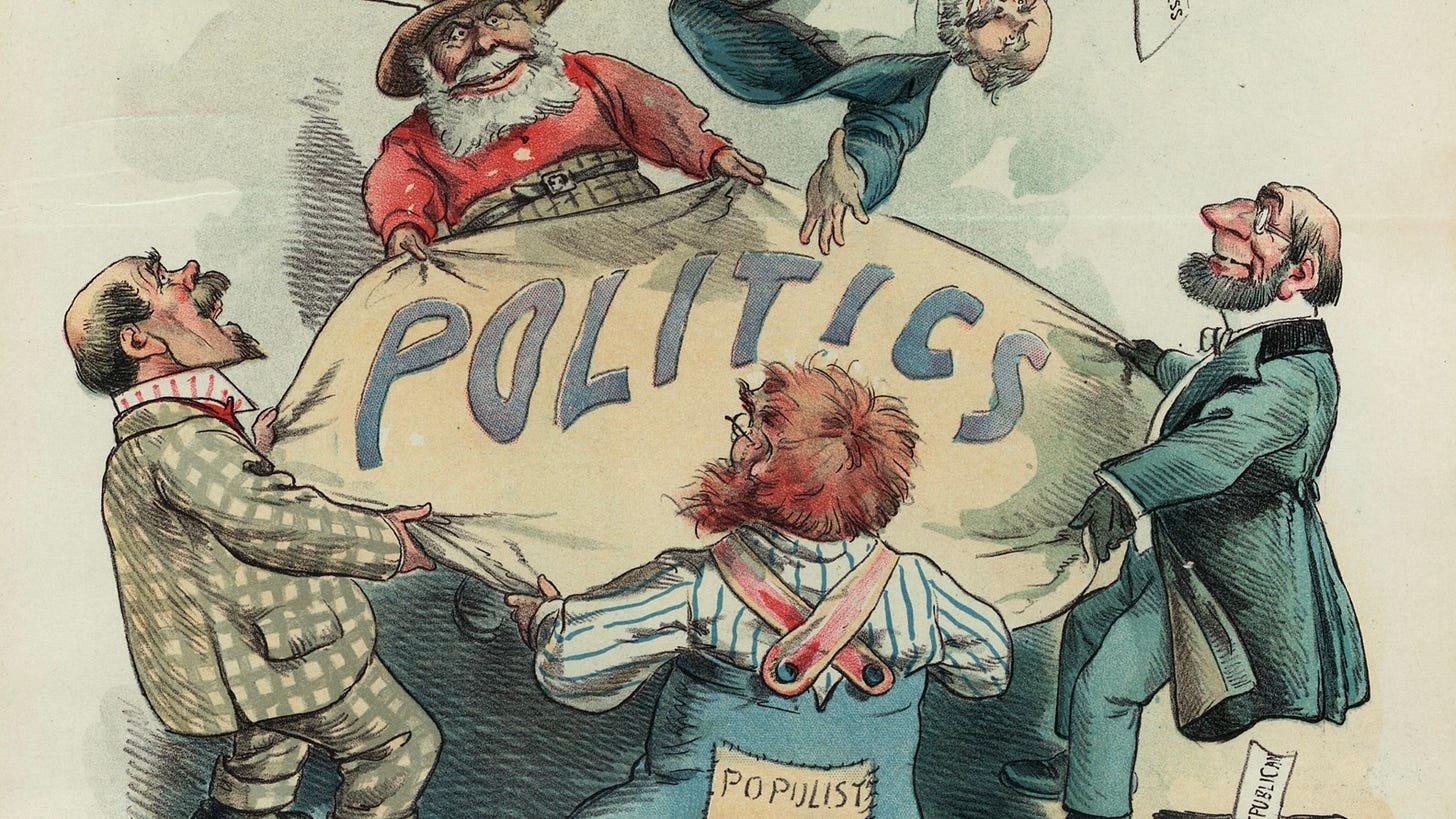Welcome to CrowdSource, your weekly guided tour of the latest intellectual disputes, ideological disagreements, and national debates that piqued our interest (or inflamed our passions). This week: the ideas driving the Trump coalition, a continuing series. (See previous installments on National Libertarianism and the alliance between Traditional Conserv…
Substack is the home for great culture





